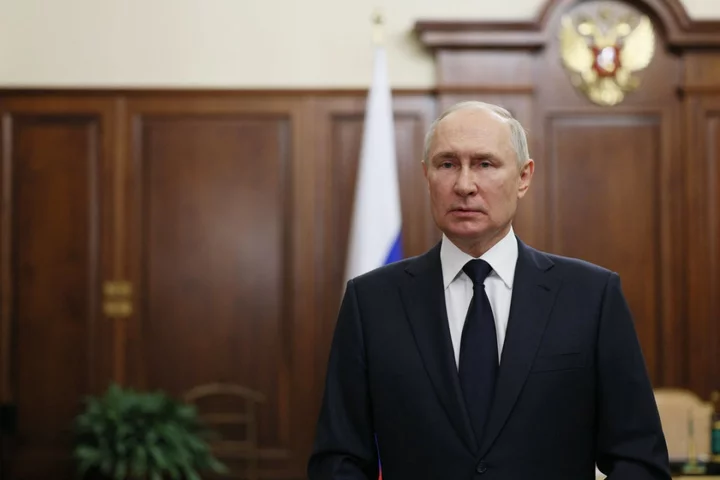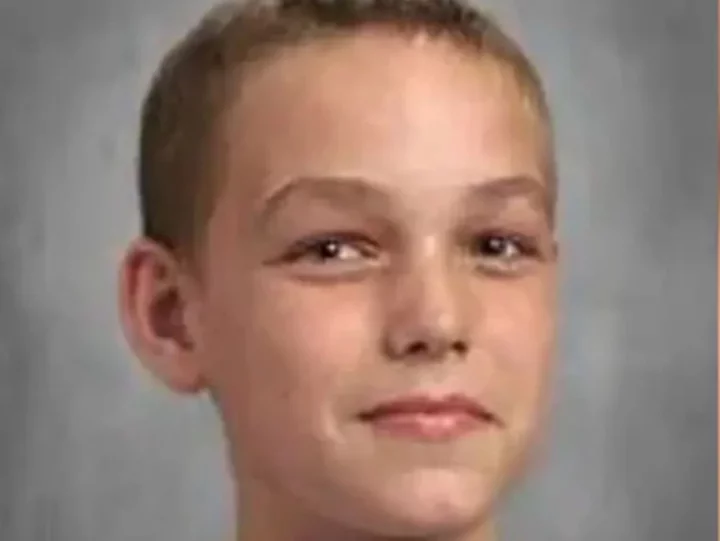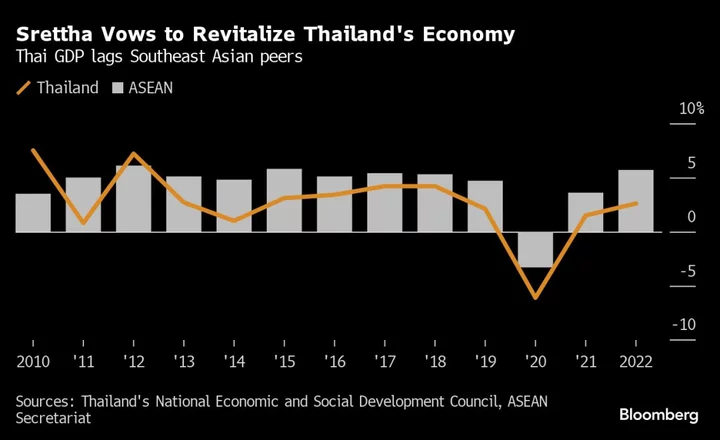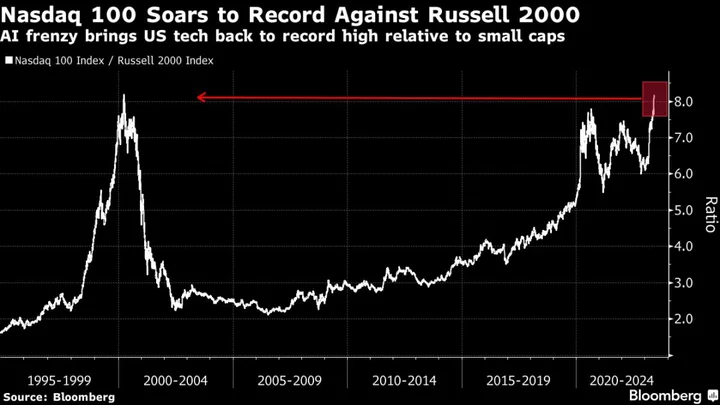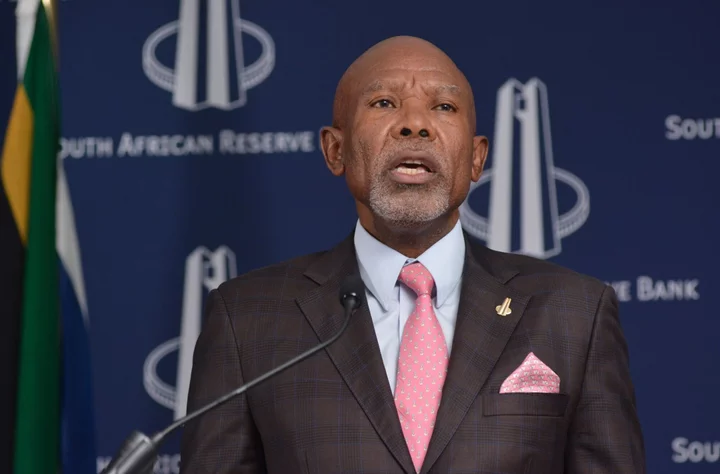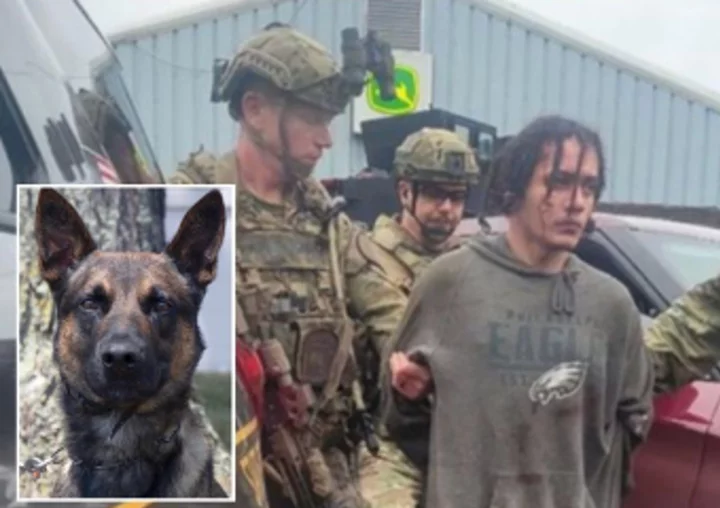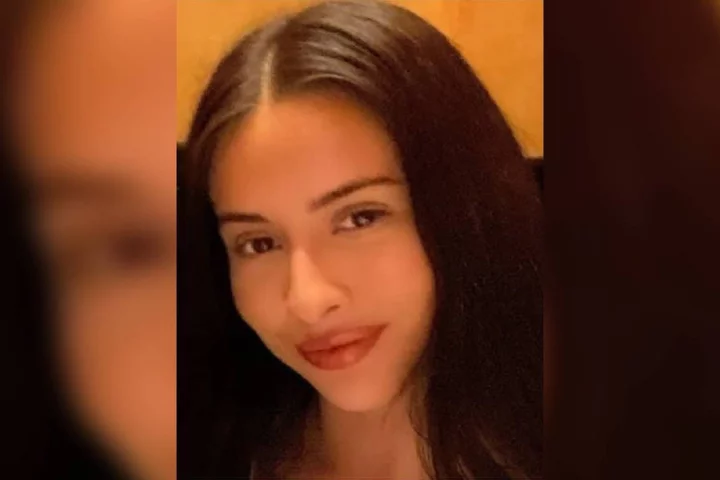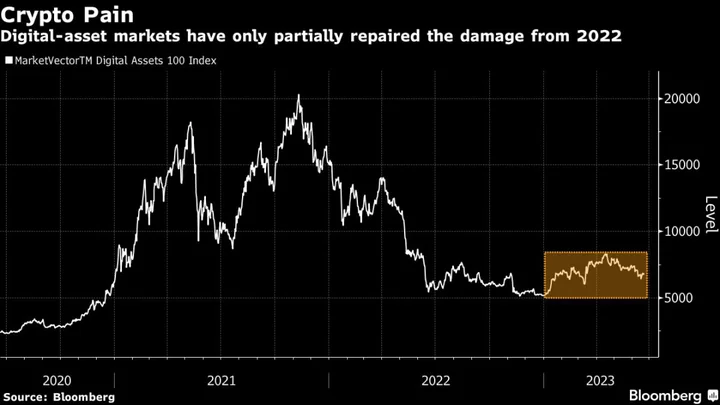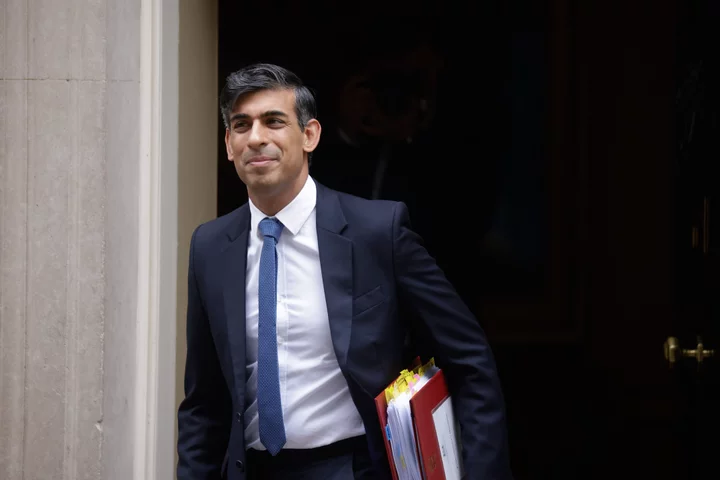Vladimir Putin claimed that Russians were more united than ever after responding to the short-lived but dramatic mutiny by his private mercenary Wagner group and its march on Moscow. The Russian president was speaking alongside Asian leaders such as his Chinese counterpart Xi Jinping and Indian prime minister Narendra Modi at the virtual meeting of the Shanghai Cooperation Organisation (SCO) on Tuesday. He was delivering his first remarks outside of Moscow acknowledging June’s aborted coup – the biggest challenge to the Russian leader’s rule in decades. “The Russian people are consolidated as never before,” he said "Russian political circles and the whole of society clearly demonstrated their unity and elevated sense of responsibility for the fate of the Fatherland when they responded as a united front against an attempted armed mutiny,” Mr Putin said in his remarks to his allies. The speech on a united front to Russia’s key allies by Mr Putin comes as he looks to assure the leaders about his challenged authority on the world stage while Russian forces continue to carry out a full-scale invasion of Ukraine for nearly 500 days. Hundreds of Wagner fighters led by Mr Putin’s affiliate and the group’s chief Yevgeny Prigozhin marched on Moscow after taking control of a southern city on 24 June, threatening to overthrow the defence ministry. After a failed rebellion, Mr Putin accused the Wagner group of a “stab in the back” and said Russia was “facing treason”. He also thanked his army and security services for averting chaos and civil war. On Tuesday, 10 days after the Wagner’s insurgency, Mr Putin shifted his focus to the invasion of Ukraine in his public remarks at the virtual summit helmed by New Delhi and tried to project confidence. He said Russia will stand up against the West’s sanctions and “provocations”. Moscow and the country’s oligarchs are reeling under hundreds of financial sanctions imposed by the international community for launching a war on Ukraine. Thanking the SCO nations for backing the Russian authorities during the rebellion, he said that the West turned Ukraine into “a virtually hostile state – anti-Russia”. Mr Putin said Moscow was looking to boost ties with the SCO member nations, and backed the transition to settlements in local currencies in foreign trade. The Russian president, who launched a “special military operation” on Ukraine in February last year, added that the world was seeing an increasing potential for conflicts, and that the risk of a global economic crisis was on the rise. Experts have said the summit gave Mr Putin a rare window to demonstrate control over rumblings in Moscow. “Putin will want to reassure his partners that he is very much still in charge, and leave no doubt that the challenges to his government have been crushed,” said Tanvi Madan, a senior fellow at the Brookings Institution. The summit of the security-led group saw the top leaders of its member states China, India, Kazakhstan, Kyrgyzstan, Russia, Pakistan, Tajikistan and Uzbekistan in attendance as Indian prime minister Narendra Modi commenced the gathering virtually. Mr Modi, who wrapped up his state visit to the US two weeks earlier with pomp and fervour after meeting Joe Biden, did not mention the war in Ukraine in his opening remarks. While he warned of global challenges to food, fuel and fertiliser supplies, Mr Modi did not blame Moscow’s continuing invasion and halt on grain deal which has shot up the prices across the world. International trade, especially for Russia’s allies, suffered a major setback but all SCO members avoided directly mentioning the war. Mr Modi instead kept his focus on indirectly targeting Pakistan for terrorism, asking the SCO members to not hesitate while criticising the nations “using terrorism as an instrument of its state policy”. India has largely protested any support to Pakistan, accusing its neighbour of breeding terrorism and armed insurgent groups for decades. “Terrorism poses a threat to regional peace and we need to take up a joint fight,” Mr Modi said without naming Pakistan. He was joined by Pakistan prime minister Shahbaz Sharif in condemnation of terrorism, who defended his nation’s fight against it. “While the sacrifices made by Pakistan in fighting terrorism are without parallel, this scourge continues to plague our region and remains a serious obstacle to the maintenance of peace and stability,” Mr Sharif said. “Any temptation to use it as a cudgel for diplomatic point scoring must be eschewed,” Mr Sharif said. The Asian security grouping founded by Russia and China in 2001 to counter Western alliances also welcomed Iran as a new member, bringing its membership to nine nations. Belarus has also queued up at the summit for membership. Read More Russia-Ukraine war– live: Putin claims Russia ‘united’ days after mutiny pushes country to brink of civil war Ukraine’s push to smash Russian defences on the battlefield: ‘Small advances have colossal meaning’ Russia ‘arrests General Armageddon’ over knowledge of Wagner mutiny Putin admits Moscow paid Wagner mercenaries £800m in wages in a year – and that his forces ‘stopped civil war’ A week after an armed rebellion rattled Russia, key details about it are still shrouded in mystery
Vladimir Putin claimed that Russians were more united than ever after responding to the short-lived but dramatic mutiny by his private mercenary Wagner group and its march on Moscow.
The Russian president was speaking alongside Asian leaders such as his Chinese counterpart Xi Jinping and Indian prime minister Narendra Modi at the virtual meeting of the Shanghai Cooperation Organisation (SCO) on Tuesday. He was delivering his first remarks outside of Moscow acknowledging June’s aborted coup – the biggest challenge to the Russian leader’s rule in decades.
“The Russian people are consolidated as never before,” he said
"Russian political circles and the whole of society clearly demonstrated their unity and elevated sense of responsibility for the fate of the Fatherland when they responded as a united front against an attempted armed mutiny,” Mr Putin said in his remarks to his allies.
The speech on a united front to Russia’s key allies by Mr Putin comes as he looks to assure the leaders about his challenged authority on the world stage while Russian forces continue to carry out a full-scale invasion of Ukraine for nearly 500 days.
Hundreds of Wagner fighters led by Mr Putin’s affiliate and the group’s chief Yevgeny Prigozhin marched on Moscow after taking control of a southern city on 24 June, threatening to overthrow the defence ministry.
After a failed rebellion, Mr Putin accused the Wagner group of a “stab in the back” and said Russia was “facing treason”. He also thanked his army and security services for averting chaos and civil war.
On Tuesday, 10 days after the Wagner’s insurgency, Mr Putin shifted his focus to the invasion of Ukraine in his public remarks at the virtual summit helmed by New Delhi and tried to project confidence.
He said Russia will stand up against the West’s sanctions and “provocations”. Moscow and the country’s oligarchs are reeling under hundreds of financial sanctions imposed by the international community for launching a war on Ukraine.
Thanking the SCO nations for backing the Russian authorities during the rebellion, he said that the West turned Ukraine into “a virtually hostile state – anti-Russia”.
Mr Putin said Moscow was looking to boost ties with the SCO member nations, and backed the transition to settlements in local currencies in foreign trade.
The Russian president, who launched a “special military operation” on Ukraine in February last year, added that the world was seeing an increasing potential for conflicts, and that the risk of a global economic crisis was on the rise.
Experts have said the summit gave Mr Putin a rare window to demonstrate control over rumblings in Moscow.
“Putin will want to reassure his partners that he is very much still in charge, and leave no doubt that the challenges to his government have been crushed,” said Tanvi Madan, a senior fellow at the Brookings Institution.
The summit of the security-led group saw the top leaders of its member states China, India, Kazakhstan, Kyrgyzstan, Russia, Pakistan, Tajikistan and Uzbekistan in attendance as Indian prime minister Narendra Modi commenced the gathering virtually.
Mr Modi, who wrapped up his state visit to the US two weeks earlier with pomp and fervour after meeting Joe Biden, did not mention the war in Ukraine in his opening remarks.
While he warned of global challenges to food, fuel and fertiliser supplies, Mr Modi did not blame Moscow’s continuing invasion and halt on grain deal which has shot up the prices across the world.
International trade, especially for Russia’s allies, suffered a major setback but all SCO members avoided directly mentioning the war.
Mr Modi instead kept his focus on indirectly targeting Pakistan for terrorism, asking the SCO members to not hesitate while criticising the nations “using terrorism as an instrument of its state policy”.
India has largely protested any support to Pakistan, accusing its neighbour of breeding terrorism and armed insurgent groups for decades.
“Terrorism poses a threat to regional peace and we need to take up a joint fight,” Mr Modi said without naming Pakistan.
He was joined by Pakistan prime minister Shahbaz Sharif in condemnation of terrorism, who defended his nation’s fight against it.
“While the sacrifices made by Pakistan in fighting terrorism are without parallel, this scourge continues to plague our region and remains a serious obstacle to the maintenance of peace and stability,” Mr Sharif said.
“Any temptation to use it as a cudgel for diplomatic point scoring must be eschewed,” Mr Sharif said.
The Asian security grouping founded by Russia and China in 2001 to counter Western alliances also welcomed Iran as a new member, bringing its membership to nine nations. Belarus has also queued up at the summit for membership.
Read More
Russia-Ukraine war– live: Putin claims Russia ‘united’ days after mutiny pushes country to brink of civil war
Ukraine’s push to smash Russian defences on the battlefield: ‘Small advances have colossal meaning’
Russia ‘arrests General Armageddon’ over knowledge of Wagner mutiny
Putin admits Moscow paid Wagner mercenaries £800m in wages in a year – and that his forces ‘stopped civil war’
A week after an armed rebellion rattled Russia, key details about it are still shrouded in mystery

